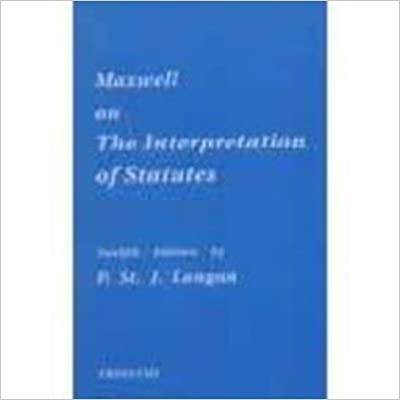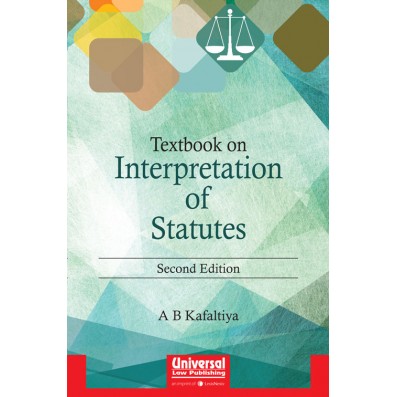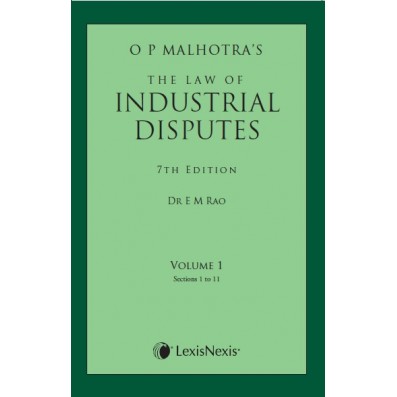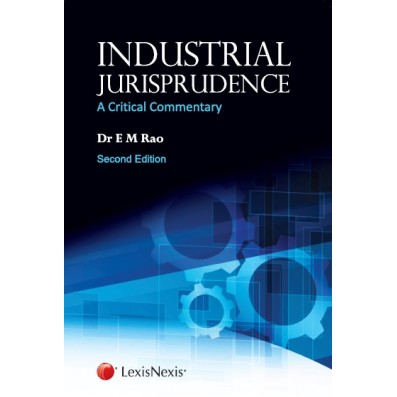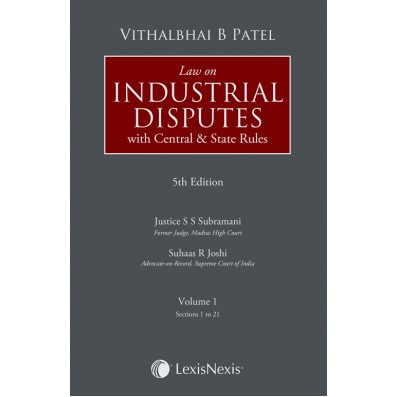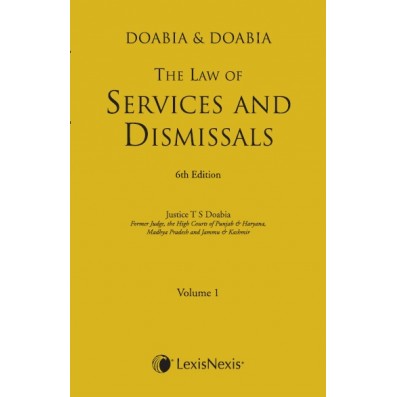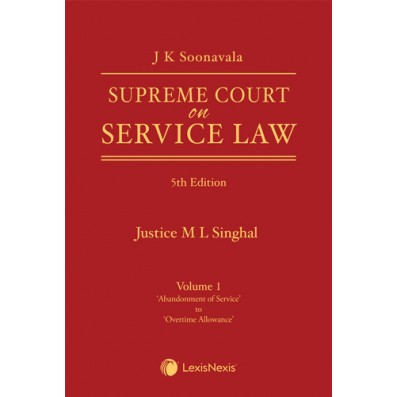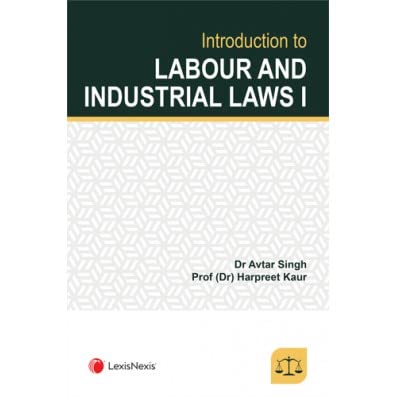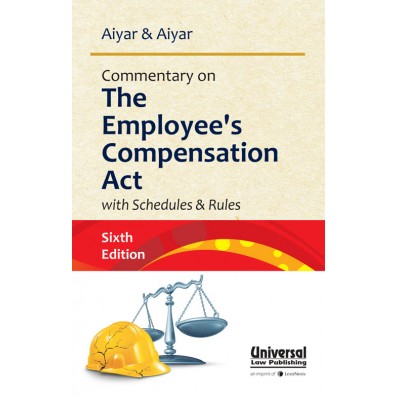Online Law Book Store in India | Law Books Shopping in Delhi
Featured Products
Appointing our Judges–Forging Independence and Accountability- Essays on Judicial Appointments and an Analysis of the NJAC Judgment
₹562.50
M.R.P.:₹ 750.00
You Save: ₹187.50 (25.00% OFF)
Industrial Jurisprudence–A Critical Commentary
₹971.25
M.R.P.:₹ 1,295.00
You Save: ₹323.75 (25.00% OFF)
Law on Industrial Disputes (With Central and State Rules)
₹2,796.00
M.R.P.:₹ 3,495.00
You Save: ₹699.00 (20.00% OFF)
Supreme Court on Service Laws (1950-2021)
₹4,855.50
M.R.P.:₹ 5,395.00
You Save: ₹539.50 (10.00% OFF)
Commentary on the Employee's Compensation Act with Schedules and Rules
₹840.00
M.R.P.:₹ 1,050.00
You Save: ₹210.00 (20.00% OFF)


